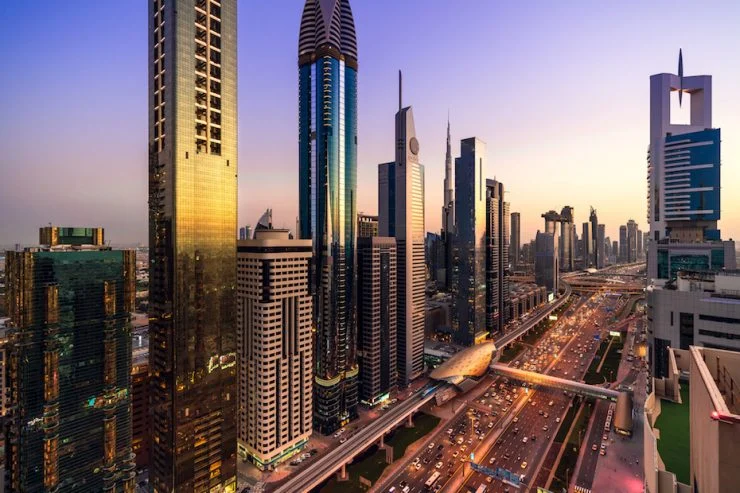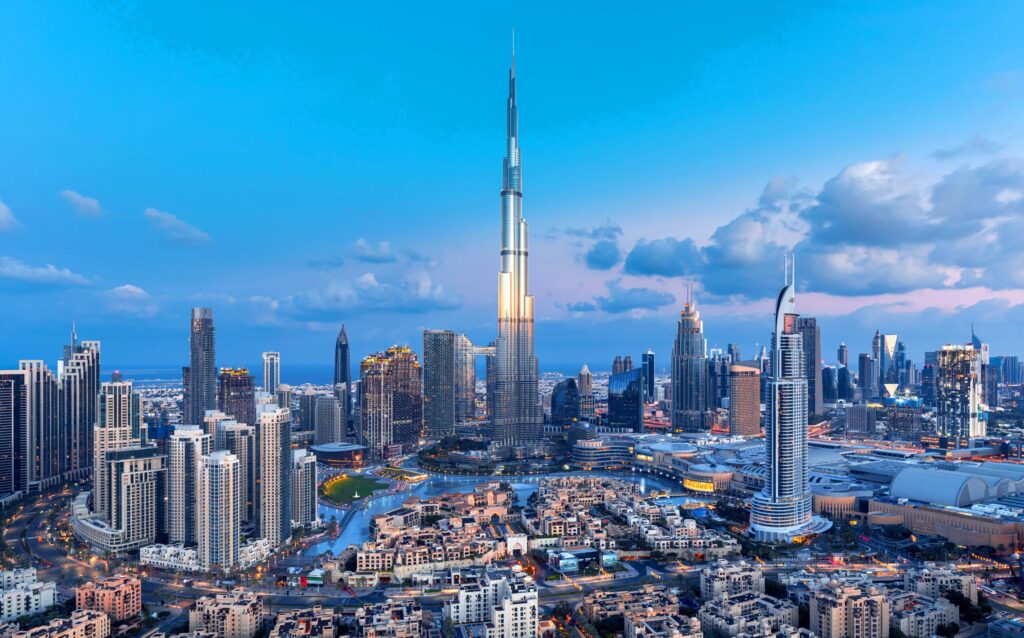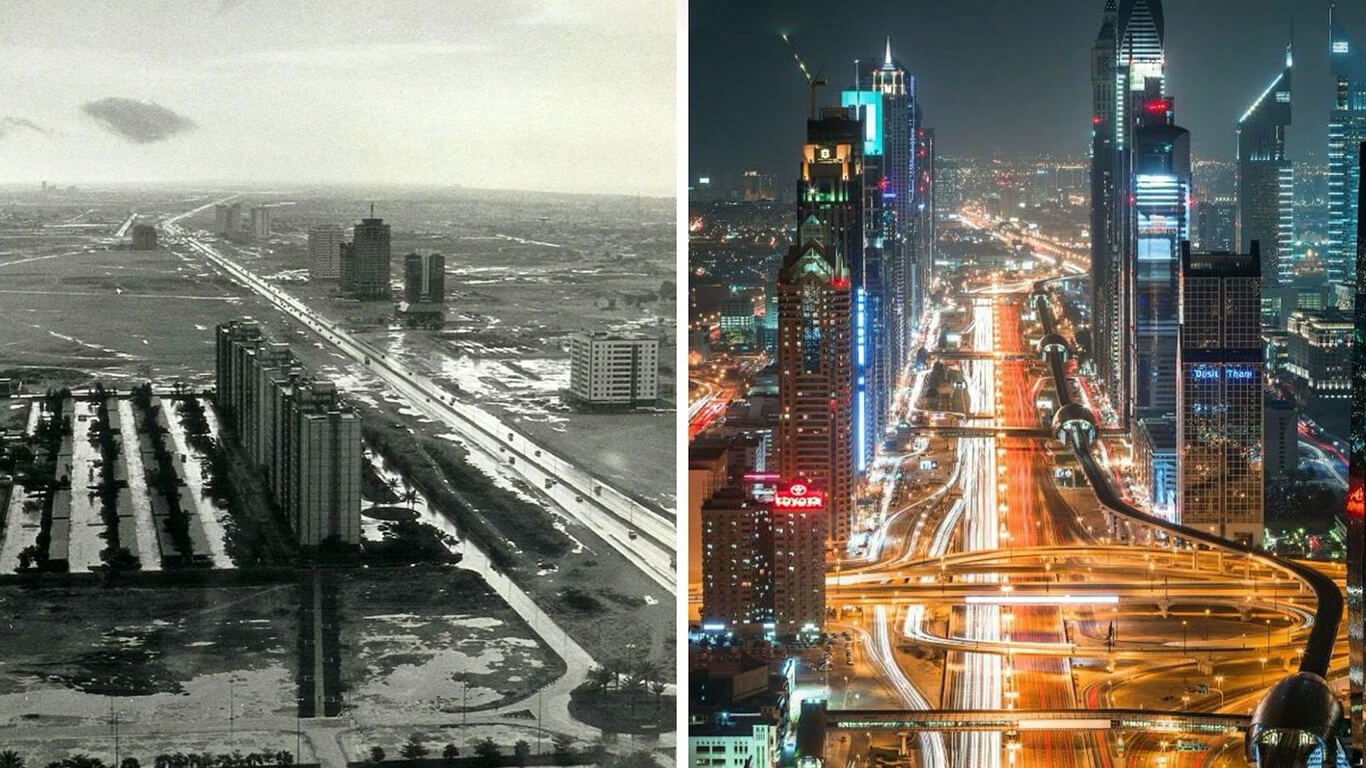In recent years, the United Arab Emirates (UAE) has played a key behind-the-scenes role in what some are calling the “New Middle East.” This isn’t just about politics—it’s about shifting alliances, economic goals, and the future of the entire region. From quiet meetings to bold diplomatic moves, the UAE has been deeply involved in a grand plan that many now see as historic.
This new vision of the Middle East, once spoken about only in think tanks and closed-door discussions, is now becoming reality. And the UAE is right in the middle of it.
The Plan Behind the Scenes
In 2019, long before it was public, UAE leaders were given early access to a bold regional strategy. This plan later became known unofficially as the “Deal of the Century.” Its goal was to reshape how countries in the Middle East work together—especially around Israel and Palestine.
The plan focused on five main goals:
- Strengthen Israel’s position in the region.
- Discourage opposition from Arab countries.
- Reduce support for the Palestinian cause.
- Build stronger ties between Israel and Gulf countries.
- Limit Iran’s influence across the region.
The UAE’s top leadership didn’t just support the idea—they became key players in shaping how it unfolded.
From Talks to Action: UAE Steps In

The UAE used its influence and resources to push the vision forward. Behind closed doors, officials in Abu Dhabi were already meeting with Israeli leaders, even before any peace deals were announced. At the same time, media campaigns with slogans like “peace for prosperity” began appearing—softening public opinion and preparing the ground for official announcements.
The biggest moment came in 2020 with the signing of the Abraham Accords. The UAE became the first Gulf country to officially normalize relations with Israel. Bahrain soon followed, and later Morocco and Sudan joined. This set off a wave of new connections between the Gulf and Israel, changing decades of regional dynamics.
While Saudi Arabia hasn’t officially signed any deal, its relationship with Israel has quietly improved. Many believe the UAE played a big part in encouraging this behind the scenes.
Gaza: Rebuilding with Conditions
In the aftermath of conflicts in Gaza, the UAE offered to help with reconstruction—but with a specific approach. Instead of working through the traditional Palestinian authorities, the UAE coordinated directly with Israel. The help came with quiet conditions: prevent displaced Palestinians from returning and focus on rebuilding areas with Israeli oversight.
Critics say this strategy was less about humanitarian aid and more about changing the population makeup and reducing the influence of Palestinian leaders. Supporters argue it was a more efficient way to get things done, cutting through political red tape.
The Iran Factor: The Last Obstacle?
For years, Iran has been a powerful player in the Middle East, supporting groups in Lebanon, Syria, Iraq, and Gaza. According to regional observers, the UAE and its partners have viewed Iran as the final challenge to their vision of a new, stable Middle East.
Officials in the UAE have expressed support for actions that weaken Iran’s regional role. Some even believe that a limited war between Israel and Iran would be a “necessary phase” to create a future order led by Gulf states and Israel. While that sounds extreme, the idea reflects how deeply some leaders believe in this new strategy.
What About the Palestinians?
One of the most controversial parts of the New Middle East plan is how it treats the Palestinians. For decades, the Palestinian issue was at the center of all regional talks. Now, many feel they’ve been left out entirely.

Instead of being key players, Palestinians are now watching from the sidelines. Maps are being redrawn, deals are being signed, and alliances are shifting—all without their full involvement. This has angered many people across the Arab world, who feel their identity is tied to the Palestinian cause.
While some leaders say peace and economic growth will benefit everyone, including Palestinians, others warn that ignoring their rights will only lead to more instability.
Why the UAE’s Role Matters
The UAE is no longer just a wealthy Gulf country with tall buildings and global events. It is now a major political player helping to shape the future of the entire region. By working with the U.S. and Israel, and using its financial power and diplomatic skills, the UAE has become a central force in regional change.
Here are a few key reasons why this matters:
- Stronger Regional Ties: New economic and technology deals between Israel and Gulf countries are opening up trade, jobs, and research opportunities.
- A Shift in Arab Unity: The old idea that all Arab countries would stand together for Palestine is fading, replaced by a mix of alliances based on economics and defense.
- Public Opinion vs. Politics: While leaders are making deals, many ordinary citizens remain loyal to the Palestinian cause, which could cause tensions at home.
- Risk of Bigger Conflicts: If Iran feels too threatened or isolated, it could respond aggressively, dragging the region into wider trouble.
A Delicate Balance Ahead
The UAE’s actions show a clear strategy: build peace through power, diplomacy, and business. Whether that leads to long-term stability or new waves of unrest will depend on how fairly all sides are treated—especially the Palestinians.
The future of the Middle East is being rewritten right now. And the UAE is not just watching from the sidelines. It’s holding the pen.
Also read: Hijri New Year Brings Peaceful Reflections and Long UAE Holiday



